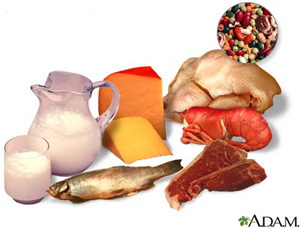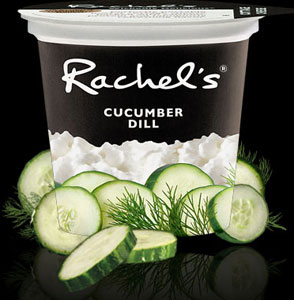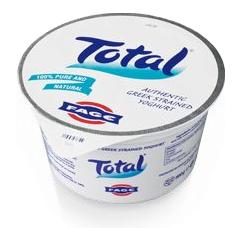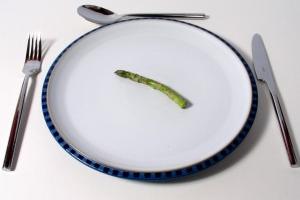Popular Reviews
- Shakeology Review
- Viritenz Review
- Isagenix Review
- Jenny Craig Review
- Protein World Review
- Paleo Diet Review
- Ideal Protein Review
- PhenQ Review
- Weight Watchers Review
- Pure Slim 1000 Review
- Alli Review
- Phen375 Review
- Leptigen Review
- It works Review
- The Thrive Diet Review
- Plexus Slim Review
- Almased Review
- Xyngular Review
- SlimQuick Review
- Relacore Review
- Lipozene Review
- ProbioSlim Review






 Everywhere we go, we are assaulted by claims of “Enriched with Vitamin C!”, “Added B vitamins!”, “More Vitamin A than the leading brand!”, and so on. We all know that vitamins and minerals are essential to the proper balance and function of our bodies, but which supplements are vital and necessary to our health and well being, and which might we avoid, lest we end up with an expensive bathroom trip? Here are my top five choices for
Everywhere we go, we are assaulted by claims of “Enriched with Vitamin C!”, “Added B vitamins!”, “More Vitamin A than the leading brand!”, and so on. We all know that vitamins and minerals are essential to the proper balance and function of our bodies, but which supplements are vital and necessary to our health and well being, and which might we avoid, lest we end up with an expensive bathroom trip? Here are my top five choices for  Therefore, when on a recent trip to Whole Foods, I discovered Rachel’s Wickedly Delicious single-servings of
Therefore, when on a recent trip to Whole Foods, I discovered Rachel’s Wickedly Delicious single-servings of 

